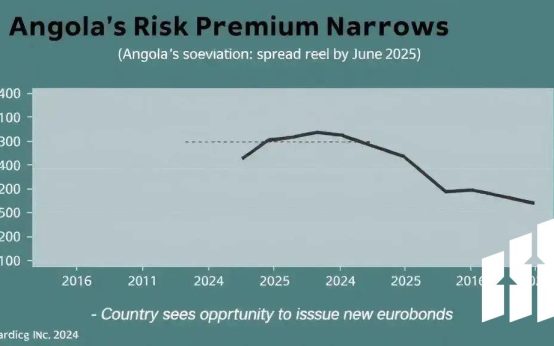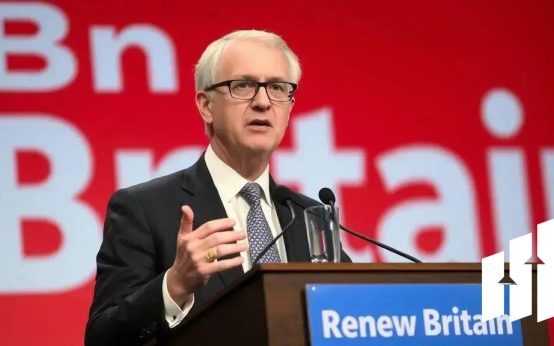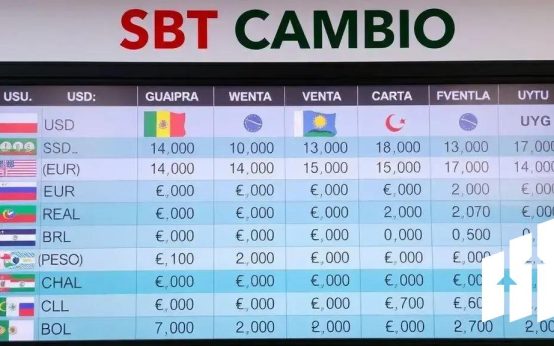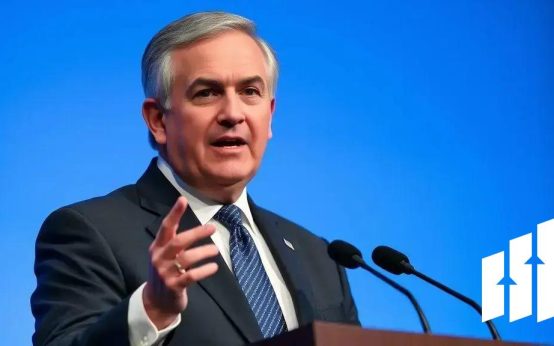The European Central Bank (ECB) plays a vital role in managing monetary policy in Europe, but its tools have limitations when it comes to addressing fiscal issues. While the ECB can influence interest rates and provide liquidity, it lacks direct control over government spending and taxation. Each country must assume responsibility for its own fiscal policies, as highlighted by Olaf Sleijpen, emphasizing the need for cooperation between monetary and fiscal actions to ensure economic stability across Europe.
The European Central Bank (ECB) plays a crucial role in Europe, but its tools for addressing fiscal issues have limits. The ECB can manage monetary policies, but it cannot solve every economic challenge alone. For instance, it can adjust interest rates and provide liquidity, but it lacks direct control over government spending and taxation. These actions are within the realm of national governments.
What Are ECB Tools?
The ECB uses tools like setting interest rates and quantitative easing to influence the economy. These tools aim to control inflation and support economic growth. However, these actions mainly affect money supply and borrowing costs, not direct government financial health.
Challenges Faced by ECB
One major challenge is differing economic conditions across member countries. A one-size-fits-all approach often does not work. For example, when one country needs stimulus, another may be at risk of overheating. This situation makes it hard for the ECB to set policies that benefit all nations equally.
The Need for National Responsibility
Ultimately, individual countries must take responsibility for their fiscal policies. While the ECB provides support in various forms, governments need to make tough decisions regarding spending and taxation. Collaboration is essential for a stable economic environment in Europe.
As Olaf Sleijpen highlighted, relying solely on ECB tools is not a sustainable solution for fiscal problems. Leaders must find a balance between monetary and fiscal policies to ensure economic stability.
Conclusion
In conclusion, the role of the ECB is vital for Europe, but its tools have limitations when dealing with fiscal challenges. While it can influence the economy through monetary policies, it cannot replace the responsibility of national governments. Each country must take charge of its own fiscal decisions like spending and taxes.
As Olaf Sleijpen pointed out, a balance between monetary support and fiscal responsibility is key. By working together, leaders can create a stable economic environment that benefits everyone. Understanding the limits of the ECB will help ensure that Europe’s economy remains strong and resilient.
FAQ – Frequently Asked Questions About ECB Tools and Fiscal Issues
What is the main role of the ECB in Europe?
The ECB, or European Central Bank, is responsible for managing monetary policy in the Eurozone, aiming to maintain price stability and support economic growth.
Why are ECB tools limited in addressing fiscal problems?
ECB tools focus on monetary policy, like setting interest rates, but do not control government spending or taxation, which are essential for addressing fiscal issues.
How do different economic conditions affect ECB policy decisions?
Different member countries may face unique economic situations, making it difficult for the ECB to create policies that benefit all nations equally.
What responsibilities do national governments have regarding fiscal issues?
National governments must manage their own fiscal policies, including how much to spend and how to tax, since the ECB does not have jurisdiction over these matters.
What did Olaf Sleijpen emphasize about ECB tools?
Olaf Sleijpen highlighted that solely relying on ECB tools is not sustainable for addressing fiscal challenges; collaboration between monetary and fiscal policies is crucial.
How can Europe ensure economic stability?
By balancing monetary support from the ECB with responsible fiscal policies from national governments, Europe can create a more stable and resilient economy.


 Miran Highlights Dual Goals of Fed and Interest Rate Outlook
Miran Highlights Dual Goals of Fed and Interest Rate Outlook  Are You a Robot? Unusual Activity Detected on Bloomberg
Are You a Robot? Unusual Activity Detected on Bloomberg  Keir Starmer Leads Business Delegation to India for Trade Pact
Keir Starmer Leads Business Delegation to India for Trade Pact  Takaichi Appoints Ex-Finance Minister as Secretary General of LDP
Takaichi Appoints Ex-Finance Minister as Secretary General of LDP  Argentina Continues Dollar Sales Amid Weakened Peso Crisis
Argentina Continues Dollar Sales Amid Weakened Peso Crisis  White House Calls on Democrats to Resolve Ongoing Government Shutdown
White House Calls on Democrats to Resolve Ongoing Government Shutdown